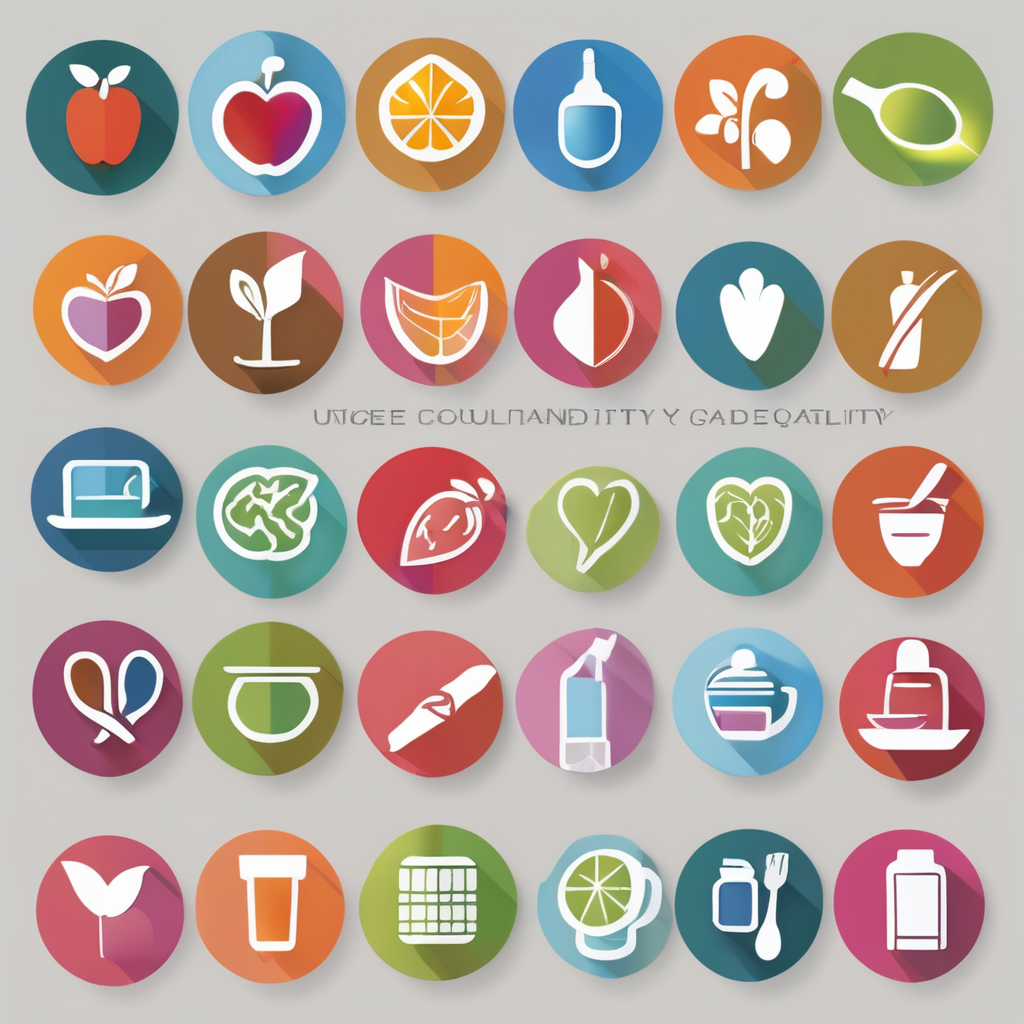Overview of Cognitive Decline
Cognitive decline refers to the gradual loss of one’s ability to think, reason, and remember. It typically progresses through various stages, beginning with mild cognitive impairment and advancing to more severe forms such as dementia. While aging naturally contributes to this decline, other factors also play significant roles. These include lifestyle choices, genetics, and underlying health conditions such as diabetes and hypertension.
The maintenance of cognitive function is crucial as it directly influences one’s quality of life. Engaging in activities that stimulate the brain, such as reading, learning new skills, or solving puzzles, can help preserve brain health. Research indicates that stimulating cognitive activities can delay the onset of more severe forms of decline. A proactive approach, incorporating mental exercises into daily routines, can foster better cognitive health. Additionally, maintaining physical health through regular exercise and a balanced diet supports brain function. Understanding these aspects empowers individuals to make informed decisions about their cognitive wellness. By prioritising mental and physical health, one can potentially mitigate the impacts of cognitive decline.
Also read : Unlocking mental resilience: how yoga can transform mental health in high-stress careers
Scientific Studies on Crossword Puzzles and Cognitive Health
Research studies have long examined the links between crossword puzzles and cognitive health, revealing intriguing insights. A notable study found that regular engagement with puzzles could improve memory and thinking skills. This has led to growing interest in the cognitive benefits associated with such activities.
Crossword puzzles are believed to stimulate different areas of the brain, promoting brain activity and enhancing neuroplasticity. This is significant because enhanced neuroplasticity can help maintain a healthy mind by allowing the brain to adapt and reorganise itself, even during the aging process.
Also read : Unlocking brain plasticity: the profound effects of regular meditation on neuroadaptation
Experts in the field, including neuroscientists, have endorsed the positive impact of crosswords. By consistently challenging the brain, puzzle-solving encourages mental agility and cognitive resilience. The benefits extend beyond immediate improvements in problem-solving abilities, influencing long-term brain health.
Furthermore, analyses of brain activity during crossword puzzle-solving show heightened engagement in regions associated with memory and reasoning. This suggests a potential for boosting mental abilities through regular practice. By incorporating crosswords into one’s routine, individuals can unlock opportunities for cognitive enhancement and fortification. Understanding these benefits allows readers to make informed decisions regarding their mental well-being.
Mechanisms Behind Brain Activity in Crossword Puzzle Solving
Engaging in crossword puzzles activates multiple brain regions, fostering neuroplasticity and enhancing cognitive engagement. Neuroplasticity, the brain’s ability to adapt and reorganise, is crucial for sustaining mental agility. This process strengthens synaptic connections, allowing the brain to remain flexible and responsive.
Neuroplasticity and Mental Exercises
Crossword solving is a potent mental exercise that builds cognitive connections. As individuals search for words, they tap into stored knowledge, exercising recall and reinforcement of memory networks. Regular practice promotes an adaptive brain environment, where new neuro-pathways are formed, enhancing overall brain activity.
Cognitive Engagement and Problem-Solving Skills
Cognitive engagement refers to the brain’s active involvement in tasks requiring thought and analysis. Crossword puzzles demand an intricate level of problem-solving, encouraging strategic thinking and pattern recognition. These activities stimulate cognitive processes, driving improved analytical skills and better decision-making capabilities.
Role of Memory Retention in Puzzle Solving
Memory retention plays an integral role in puzzle solving by recalling and associating past experiences with current problems. This enhancement of memory is facilitated by consistent problem-solving exercises, which may contribute to a slower rate of cognitive decline. Maintaining robust cognitive function through puzzles supports ongoing mental acuity and sharpness.
Recommendations for Incorporating Crossword Puzzles into Daily Life
Incorporating crossword puzzles into your daily routine can significantly boost your mental well-being. Establishing a consistent habit is key, and there are several strategies to achieve this. One approach is to set aside dedicated time daily, akin to scheduling a workout or meditation session. This not only reinforces routine but also ensures regular mental engagement.
Brain exercises, like crossword puzzles, come in various forms and difficulty levels. Exploring different variations, such as word searches or Sudoku, can maintain cognitive engagement by presenting new challenges. Mixing up puzzle types further broadens the areas of brain activity being stimulated, enhancing overall mental well-being.
Balancing puzzle-solving with other cognitive pursuits is crucial. Integrating activities like reading, brain-training apps, or learning new skills diversifies mental exercise and bolsters brain health. By rotating through different exercises, individuals can ensure comprehensive cognitive stimulation, further supporting long-term brain function.
Incorporating these practices into daily life encourages proactive management of one’s mental health. Emphasising a balanced and varied regimen of brain exercises facilitates consistent and meaningful cognitive engagement, nurturing sustained mental agility and cognitive resilience over time.
Expert Insights and Personal Accounts
Engaging with crossword puzzles frequently offers a distinctive chance to enhance cognitive function and brain health based on expert opinions and personal accounts. Neuroscientists have consistently highlighted the importance of activities that bolster cognitive resilience, with puzzles being a prime example. Dr. Sandra Aamodt, a renowned neuroscientist, articulates that such exercises stimulate the brain by requiring the use of both recall and recognition memory powers.
Personal testimonials support these claims, providing anecdotal evidence of crossword puzzles’ cognitive benefits. Many individuals report improved cognitive function and a greater sense of mental acuity through regular puzzle-solving. For example, Jane, an avid puzzler, notes that challenging herself with crosswords has made her feel more alert and focused in her daily tasks.
Despite these positive encounters, perspectives on puzzle-solving’s efficacy vary. Some argue that while puzzles bolster brain health short-term, they might not wholly prevent long-term cognitive decline. Experts still encourage incorporating puzzles into routines for their immediate mental benefits and engaging the brain in diverse ways to support comprehensive cognitive resilience. A balanced approach, combining expert insights, and personal experiences, informs readers about the advantages and limitations of puzzle engagement.


